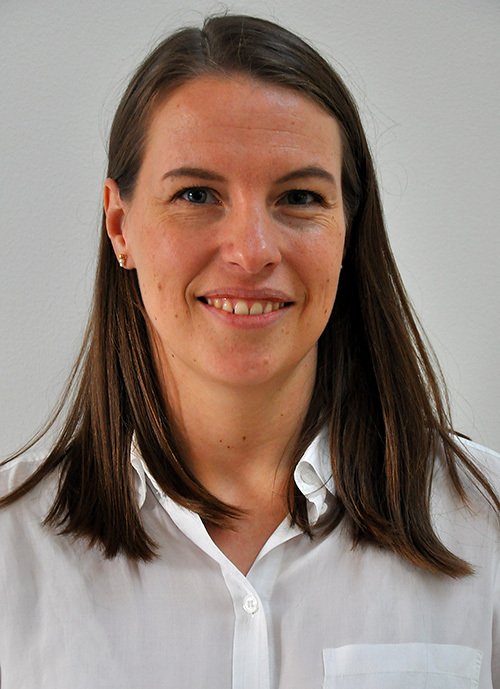Supervisor Carolina Hagberg feels inspired by the doctoral students' smart questions
Carolina Hagberg's research team consists of four people who study why obesity makes us sick and how overweight can disconnect from metabolic morbidity. She thrives in the role of supervisor for doctoral students and thinks it is fun to be involved and support their development.
Name: Carolina Hagberg
Title: Research assistant at the Department of Cardiovascular Medicine, Department of Medicine Solna
Motto: Impossible just means you have not found the solution yet.
Inspired by: New innovative research methods and findings as well as by enthusiastic employees, younger and older.

Tell us a bit about yourself and your background.
I was born and raised in Helsinki, Finland, and had an early interest in understanding human biology at a detailed level, and therefore studied Biochemistry at the University of Helsinki. During the summer of 2004, I had the opportunity to work in a lab at Karolinska Institutet, which eventually led to a doctoral dissertation at CMB on how our blood vessels regulate how much blood fats are taken up from the circulation. Today I have my own research team of four people at the Department of Medicine in Solna who study why obesity makes us so sick and how we can disconnect obesity from metabolic disease.
What does it mean to be a supervisor?
The research supervisor usually has an idea of how the project should be designed and which research questions should be answered. The supervisor is also responsible for finances and that there are materials and methodology in place so that the project can be carried out. But just as important is the supervision itself during the project - that we supervisors are there as support, inspiration, brainstorming, and problem-solving, and that we gradually let the doctoral student or student grow and become increasingly independent. At the end of a Ph.D., the doctoral student is often so familiar with the subject that it is he/she who invents new projects and plans how they can be carried out.
What do you think is the best thing about being a supervisor?
To see how young researchers develop and progress! It is great fun to be part of and support that development. And to be able to inspire and work with so many different people. Young research students often have open minds and ask very smart questions, which sometimes raise completely new ideas within the group.
What qualities do you see as important for a doctoral student?
Curiosity about learning something new and exploring a subject in more detail. Being enthusiastic and interested, along with a little fighting fervor, goes a long way, and is much more important than exactly what you can do in the beginning. And a little determination is also good of course, you have to be prepared for both successes and setbacks within the span of four years, the important thing is not to give up easily but to learn from your mistakes.
Do you have any tips for students who are considering starting research?
My two tips are to first test if you enjoy researching and then to choose a good supervisor. Many labs have students during the summers or research assistants during the semesters, a good idea is to write to researchers and ask. Write a short, personal email and along with your CV where for example, your degree project is described. If there is an advertised doctoral student position that interests you, try to find out what the research group is like - read some of their articles, check if they have a website, or if you have a previous supervisor at the same university write and ask if they know the team leader. You can even write a question to the person who advertised about the position. If you do not get the first position you wanted - do not give up! Ask for feedback and apply again for another one.
